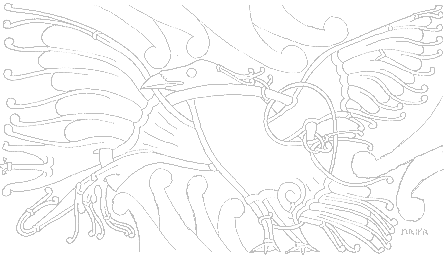It seems, though, no one has addressed the word itself.. heathen.
To which I am happy to oblige. Old English, hæðen "not Christian or Jewish," merged with Old Norse heiðinn. Historically assumed to be from Gothic haiþno "gentile, heathen woman," used by Ulfilas in the first translation of the Bible into a Germanic language; if so it could be a derivative of Gothic haiþi "dwelling on the heath," but this sense is not recorded.
It may have been chosen on model of Latin paganus, or for resemblance to Greek ethne (read as gentile), or may in fact be a borrowing of that word, perhaps via Armenian hethanos. Like other words for exclusively Christian ideas (e.g. church) it would have come first into Gothic, then spread to other Germanic languages.
This is why 'heathen' and 'pagan' slightly annoys me. It is identifying one's self by what one is not, and using a term from another people who used it to disparage.
Roman soldiers, used pagan like someone today would mean 'backwoods redneck'. Someone who was not civilized enough to be among the roman citizenry.
In the source texts, from what we have remaining, there is no mention of the term. They most likely would have identified "I believe in the Gods of my Fathers." and that sufficed.




You need to be a member of Asgard to add comments!